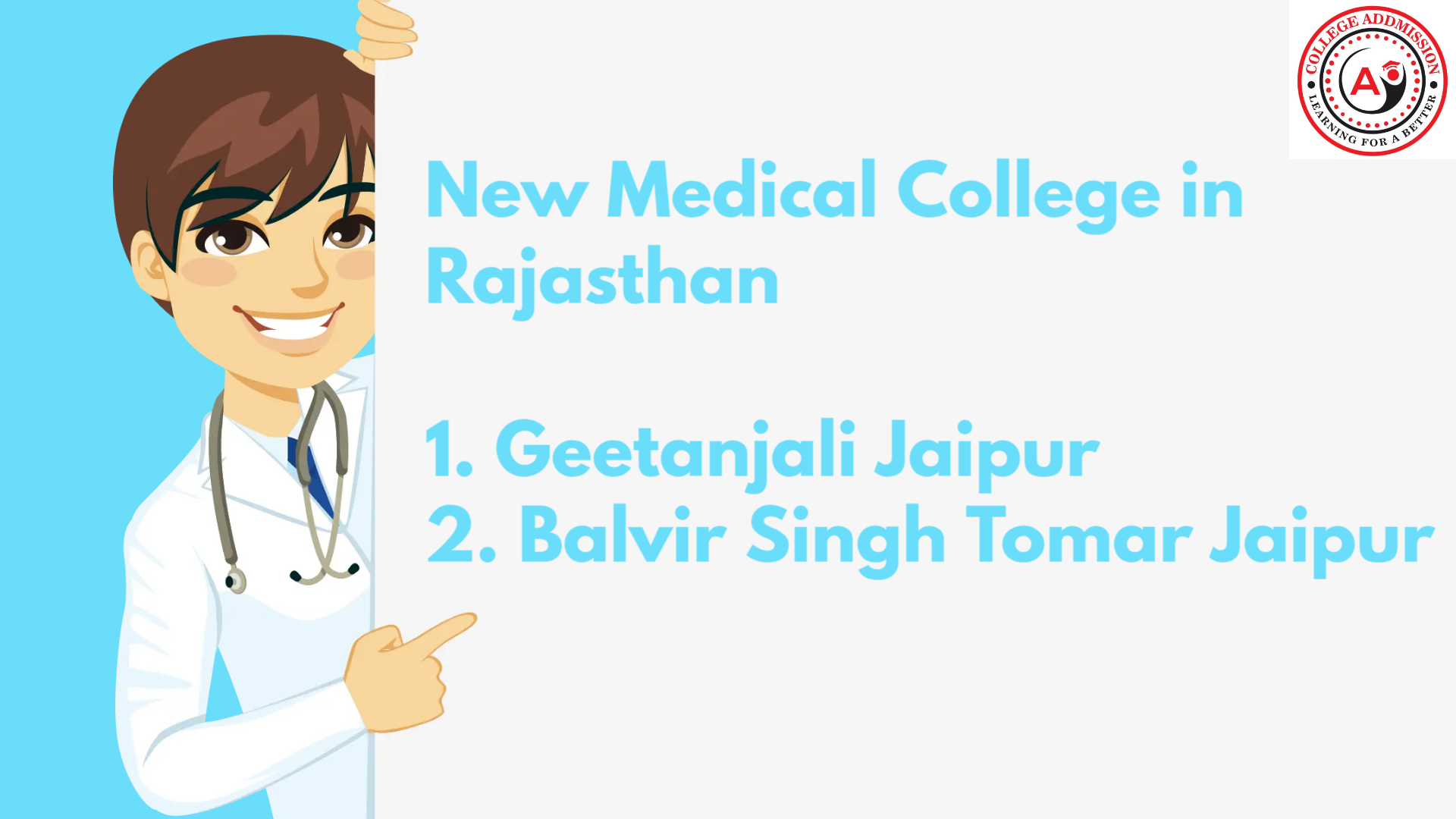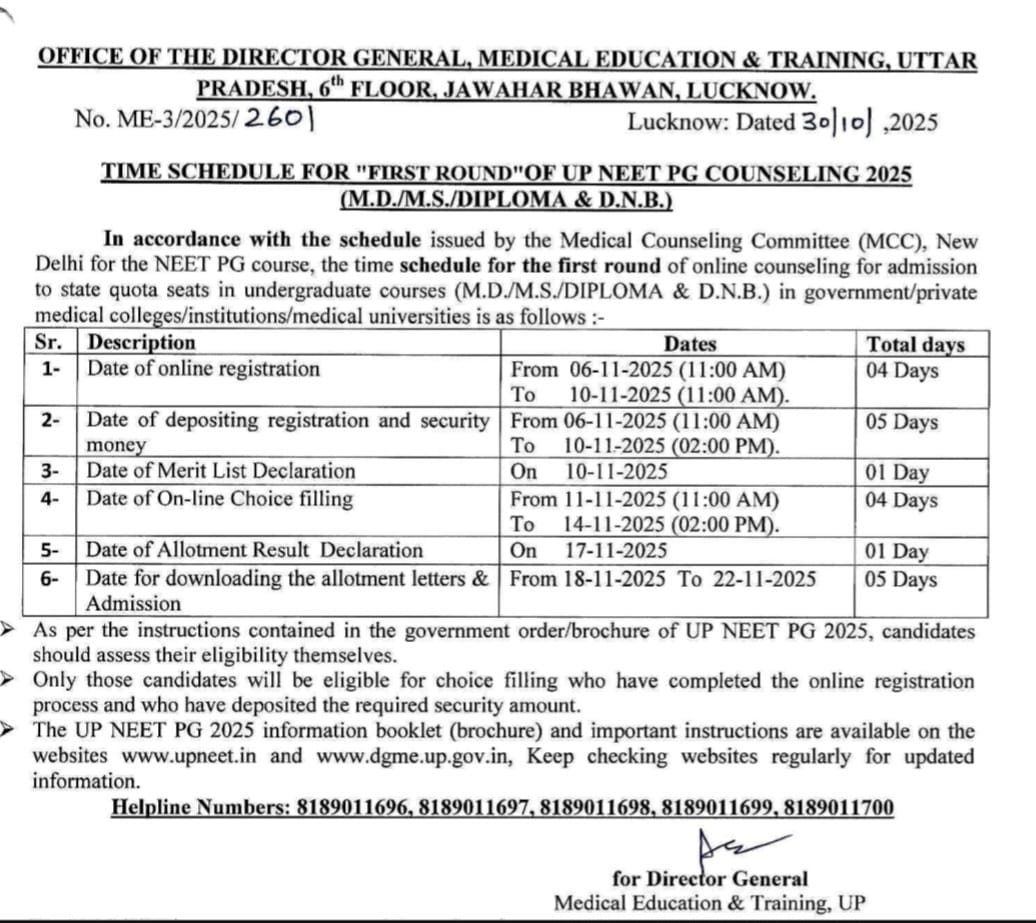New private medical colleges in Rajasthan — covering what prospective students need to know: growth, fees, cut‑offs, challenges, tips.
Rajasthan’s private medical education sector is growing fast. With increasing demand for medical seats through NEET‑UG, several private colleges are offering newer options, modern infrastructure, and varied fee & admission norms. For students in Rajasthan (and outside), knowing details like expected fees, cutoff ranks, and seat quotas helps in making informed decisions.
Why the Growth?
High demand: Many NEET qualifiers don’t get government seats, so private colleges fill the gap.
Infrastructure push: Private colleges often advertise better labs, hospitals, faculty, facilities, sometimes more modern than older government colleges.
Regulatory push: The National Medical Commission (NMC) has been recognizing more seats and approving more colleges (subject to norms).
Access in semi‑urban / underserved regions: Private colleges help reduce travel, lodging for students from more remote districts.
Geetanjali Medical College Jaipur
Balbir singh Tomar Jaipur
Key Features of New Private Medical Colleges
| Feature | What to Expect / Typical Trend |
|---|---|
| Seats & Quotas | Usually ~ 100‑250 seats. There are two or more quotas: state (government) quota, management/private quota, often NRI quota. Some seats are reserved by state for local students. |
| Fee Structure | High compared to government colleges. Yearly tuition often ranges from ₹ 15‑25 lakhs for state quota or private quota seats. Hostel, mess, labs, other charges extra. NRI seats cost more. |
| Cut‑off Ranks / NEET | For private quota seats, cut‑off tends to be much higher (i.e. less competitive in terms of marks) than for government seats. For example, some private colleges’ general quota closing NEET rank has been in the range of around 3‑6 lakh (or more) depending on the college. |
| Additional Costs | Beyond tuition: hostel & mess fees, uniforms, books, labs, other student amenities. These can add significantly to the total cost. |
| Facilities vs Reputation | Newer colleges may offer good modern infrastructure but might still be building up reputation, faculty experience, or patient load in the hospital. These affect clinical exposure. |
Examples: Fees & Cut‑offs for Private Medical Colleges in Rajasthan (2025)
Here’s a table with sample colleges, their approximate fees (tuition + hostel etc.), and NEET‑UG rank cut‑offs from recent counselling. These are indicative and can change.
| College Name | State Quota Tuition Fee (Annual) approx. | Management / Private Quota Fee (Annual) approx. | Typical NEET‑UG Cut‑off Rank (General / Private quota) |
|---|---|---|---|
| Geetanjali Medical College & Hospital, Udaipur | ~ ₹ 22,00,000 | ~ ₹ 29,00,000 | ~ 5,65,443 (state/general seat) ~ 13,17,289 (management quota) |
| MG Medical College, Jaipur | ~ ₹ 19,50,000 | ~ ₹ 26,75,000 | ~ 74,529 (general seat) ~ 2,81,463 (management quota) |
| NIMS Medical College, Jaipur | ~ ₹ 21,00,000 | ~ ₹ 25,00,000 | ~ 10,95,953 (general) ~ 8,13,954 (management) |
| Ananta Institute of Medical Sciences, Rajsamand | ~ ₹ 18,90,000 | ~ ₹ 24,00,000 |
~ 4,19,973 (general) |
Challenges for Students to Consider
Affordability: Even state quota private seats are expensive. Besides tuition, the living costs, mess, travel etc., add up.
Cut‑off unpredictability: Cut‑off ranks change yearly, depending on number of candidates, difficulty of NEET, number of total seats available, reputation of the college. What was acceptable in earlier years may not work now.
Quality of clinical exposure: New colleges might not have enough patient inflow or established specialty departments to offer broad exposure at par with older/higher ranking institutions.
Hidden costs: Some colleges may charge extra for labs, dissection, instrumentation, exam fees, or extra amenities that are not included in “tuition”.
Regulatory compliance: Colleges must maintain NMC norms (faculty, infrastructure, hospital bed strength etc.). New colleges sometimes struggle initially in maintaining full compliance, which can impact the student experience or recognition of degrees.
Tips for Choosing a Good New Private Medical College
Visit / inspect the hospital attached to check whether it has high patient load, diverse cases, good infrastructure.
Review the faculty strength: How many professors, associate professors are permanent vs contractual; how many specialties are active.
Verify fee breakup: Ask for full break‑up of all charges (tuition, hostel, mess, labs, instruments, library, etc.).
Know the cut‑offs from past years: Helps in estimating whether your NEET rank / score can get you a seat.
Check recognition / accreditation: NMC recognition, any quality certifications (if available).
Talk to current students: Their feedback on teaching quality, amenities, faculty, workload, etc., can be very helpful.
What to Expect in 2025‑26 & Beyond
More private colleges will likely start or expand in Rajasthan, especially in districts that are under‑served.
Fee regulation might become stricter, especially for management / private / NRI seats; government or courts may intervene if fees are perceived as excessive.
Cut‑offs for management / private seats in some colleges may go even higher (i.e. you may need lower NEET scores compared to govt seats, but popularity & reputation influence a lot).
Students who miss govt seat will increasingly consider private seats if they can manage finances or loans.
If you’re aiming for a private medical college in Rajasthan:
Be financially prepared: cost is high, but think long term (post‑MBBS, PG etc.)
Do your homework: past cutoffs, college reputation, patient flow, hands‑on exposure
Manage expectations: sometimes private colleges deliver great value for money; others may lag in some aspects.
Always confirm the latest official data (seat matrix, fee schedule, cutoffs) from the medical college / state counselling body once notification comes out.



